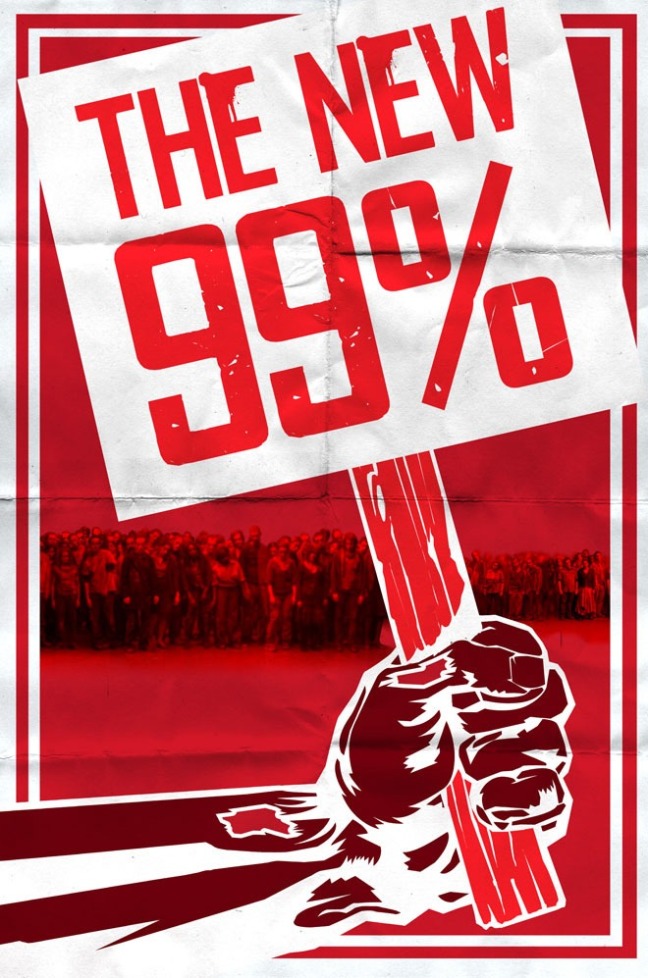
He’s the buttoned-down stick-in-the mud who hasn’t ridden a bicycle. She’s the free spirit who’s never let rules stop her from having fun. When they meet on a college tour, at first they can’t seem to get along. But before too long they can’t pull themselves apart. A timeless premise, now with a twist: they’re not students, but parents of students on the tour.
Meet Edith (Vera Farmiga) and George (Andy Garcia), on a tour of Middelton College with their respective children: Audrey (Taissa Farmiga, playing her sister’s daughter in the film) and Conrad (Spencer Lofranco). When Edith and George desert the campus tour, all four learn a bit more about who they are and what they want.
“At Middleton” is clearly trying to be a love story for an older generation, emulating the “Before Sunrise” movies (which follow a couple of strangers as they meet, explore the world, and find solace in each other). And, perhaps with a bit more perseverance, this movie could be strong enough to be an insightful romantic comedy in the way that the “Before” trilogy is: observant and astoundingly human. But, alas, it’s not.
Between the adult’s love story and the teen’s coming-of-age, there’s a lot going on. The movie focuses mostly on the parents, who essentially spend their time abandoning their kids and reverting back into eager 18-year-olds in first love, and the children’s secondary plotline ultimately starts to feel like a completely different movie. If the resolution of their plotline has almost no impact on their parents’ love story, why is it examined so thoroughly?
Between the kids and the parents there’s certainly some comic relief along the way, and the movie’s not slow enough that you forget to laugh. But everything in “At Middleton” seems half-baked: The writing is stuck somewhere between simple and lighthearted and complex and practical. There are allusions to backstory and resentment which are never fully discussed again, which ends up painting the characters as stereotypes of involved, well-meaning parents helping their ungrateful and undeveloped teens.
The warmth in this movie lies in the chemistry between Garcia and Vera Farmiga. As the dialogue and plot lines slowly grow more infuriating than cutesy — basically acting the way only people in rom-coms can — their spark mostly manages to hold its own. By the end the audience might be concerned for their parenting skills, but it’s hard to deny their acting charisma.
Ultimately, “At Middleton” finds itself reconciling its desire to be all that and more, but the film can’t realistically wrap up all its plotlines in a satisfying way. The movie very much wants to be a deep and perceptive look into aging and relationships, but when it’s over the audience was wondering why they were ever supposed to care.
The verdict: A cute but forgettable love story that doesn’t really make the cut.

